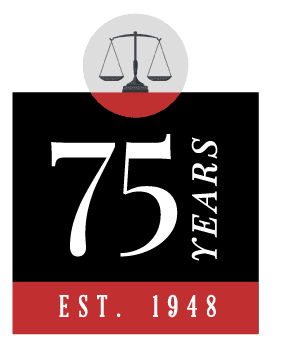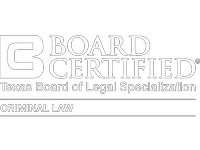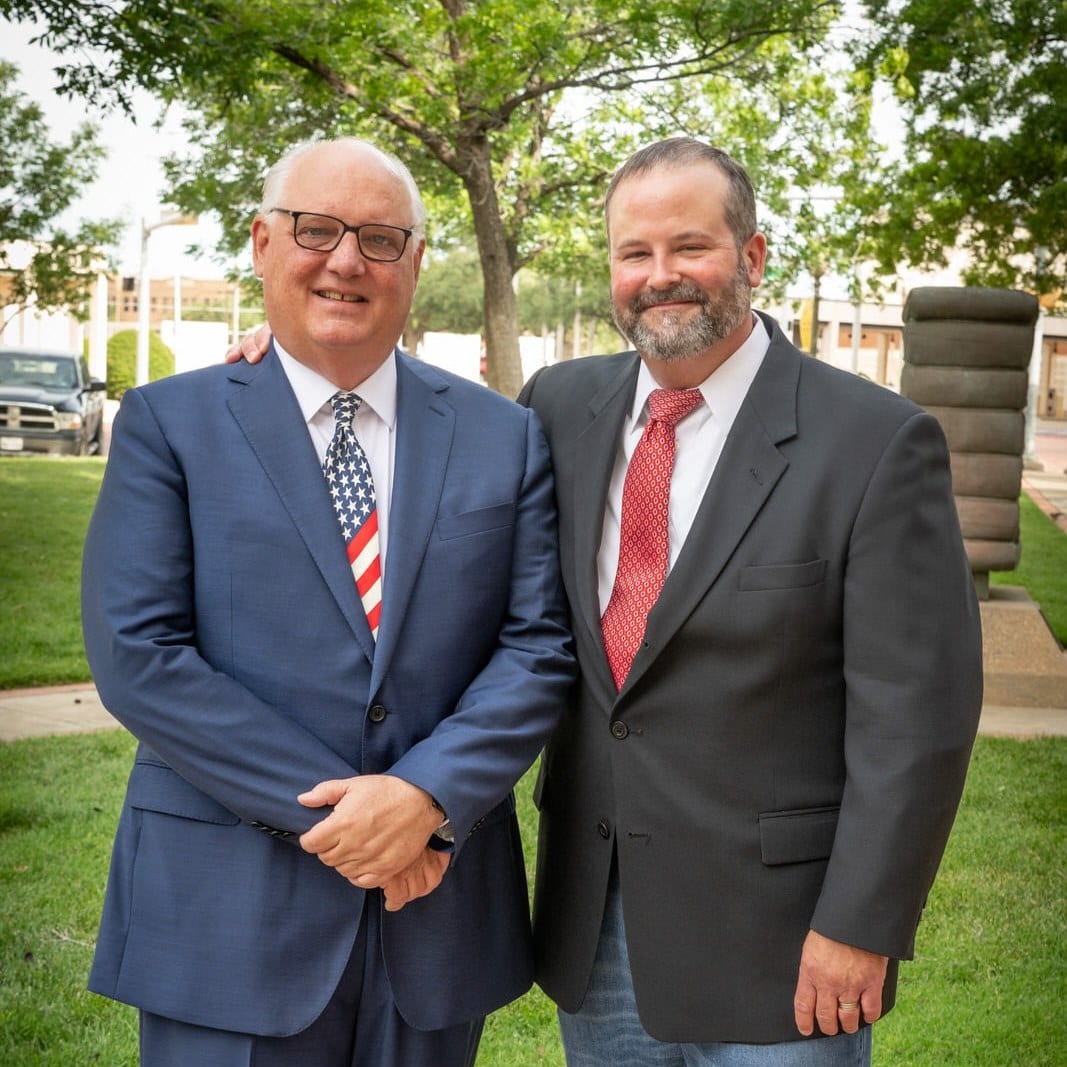Reflections on the 2016 TCDLA Declaration Readings
CHUCK LANEHART
Friday, July 22nd, 2016
Reading Old Words Is Good for the Soul
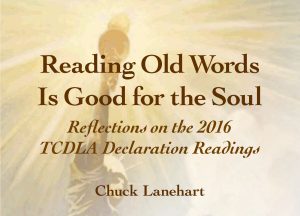
Perhaps my earliest memory as a baby lawyer was watching worried law professors and bar leaders wringing their hands, wondering: “How can we improve our image as lawyers? Pro bono work? Public service? Legal ethics education?” Nothing seemed to work. I soon realized the cynical conventional wisdom of Shakespeare’s often misinterpreted “Let’s kill all the lawyers” philosophy is a universal truth among the public, especially in the case of criminal defense lawyers.
PR is a tricky deal for criminal defense lawyers. The public generally regards us with a disgust and repulsion commensurate with that caused by the most heinous crime currently featured on local TV. We are obliged to say “no comment” a lot: very poor PR. Sometimes we win, but only our clients are happy. When we lose, almost everyone is grateful. So, in 1970, we formed a support group called the Texas Criminal Defense Lawyers Association, partly to address our public relations problem.
Almost half a century later, the July 2016 TCDLA-endorsed statewide reading of the Declaration of Independence is the single greatest public relations success in our association’s history, in my humble opinion. TCDLA has a wonderful tradition of supporting important legal challenges, spearheading essential legislative reforms, protecting its members and spreading comprehensive legal knowledge, but we are about the only ones who notice these accomplishments. So, we spend a great deal of time and effort congratulating ourselves for our successes (including this column). Meanwhile, we try to put our best foot forward for the public. After a six-year incubation period, this year’s Declaration readings became a ubiquitous lawyer feel-good movement, embraced by the public and media seemingly everywhere. Because of this grand focus of attention, the public was made aware that we are something more than mere zealous representatives of the citizen accused. Perhaps they thought, “These guys and gals are patriots just like me.”
But it was more than a PR stunt and much more than just a show for the public. It was like the culmination of a twelve-step program that made us, the lawyers, feel good. It galvanized the criminal defense bar for a unified, worthwhile, statewide show of support for the most basic of our American values. It made us feel patriotic on the most American day of the year. It transcended our roles as advocates for the little guys. It reinforced the reasons we choose to live here and do what we do for a living.
Here’s how it all started.
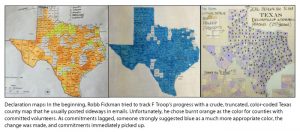
Reading Old Words Is Good for the Soul-1
In Roswell, New Mexico, on a hot Independence Day evening in the early ’60s, a kid named Robbie Fickman witnessed the gleeful camaraderie of his father Philip and his buddies as they exploded fireworks in the street, a blatant violation of some silly city ordinance. It was a small rebellion that Robbie remembered. By the time he had kids of his own, the man now known as Robb famously required them to recite parts of the Declaration of Independence before indulging in July 4th festivities to instill in them the proper meaning of our national holiday celebrating revolution.
In 2010, Robb was a well-established Houston criminal defense lawyer. He and others in the Harris County Criminal Lawyers Association (HCCLA) were frustrated by years of adversarial relationships with the local judiciary. Robb suggested a symbolic, peaceful sort of protest against the modern-day tyrants who ruled the courthouse like Britain’s George III once ruled the colonies: HCCLA members would recite the Declaration of Independence on the courthouse steps just before July 4th. With backs to the courthouse. Without permission from anyone. About 15 lawyers read the great document, some media showed up, everyone got a big kick out of it, and the seeds of a movement were sown.
Annual Declaration readings by individuals and groups of criminal defense lawyers slowly spread across the state and nation.1 By 2015, TCDLA and many local criminal defense organizations had embraced the tradition, and on July 3 of last year, readings were held in 139 Texas counties, in several sister states, and in a couple of places overseas.2 Robb decided he would go “whole hog” in 2016, and in February, he asked TCDLA members for help in organizing a statewide campaign to hold readings in each of Texas’ 254 counties.
A dozen volunteers from all parts of the state answered Robb’s call to arms.3 The first agenda item was to name this small army. “Robb’s Texas Rangers” was suggested. As was “Fickman’s Foo Fighters.” Considering the seemingly impossible task of covering the huge expanse of Texas, “Fickman’s Folly” seemed appropriate.4 Instead, the optimists prevailed, and “F Troop” was chosen.5
F Troop went to battle, badgering lawyers statewide to lead local readings. Tens of thousands of emails and phone calls were exchanged over a period of about 15 weeks. A promotional video was produced, and an interactive map of counties and their Declaration leaders went online.6 On May 26, all the arm-twisting paid off. It was announced that each county in Texas had been claimed: 254 county seats plus a reading in the Big Bend, and supplemental readings in Bandera County (Vanderpool in addition to the county seat) and Grimes County (Navasota in addition to the county seat), 257 readings in all.7
The promotional budget for the project was zero. Some leaders donated a few of their own dollars for the campaign, but TCDLA was out nothing, other than the cost of a few plaques to recognize the members of F Troop. The leaders and readers donated untold amounts of valuable time and billable hours. Some traveled hundreds of miles on their own dimes to reach every far-flung village in the hinterlands.
Aside from a small Smith County flare-up, the readings were a huge success.8 Readers and organizers gushed on social media about their special experiences in every venue, audience members expressed appreciation in every corner of the state, and newspapers and TV stations were universally positive in their Declaration-reading coverage.
The effect on individual TCDLA members who participated in the event was poignant. As is reflected in the accompanying article, one of the main themes running through their Declaration-reading stories is not patriotism or lawyerism, but family. Lawyers involved daughters and sons, spouses, grandchildren—even in-laws—in the readings. It was a way to inspire and connect, to educate and enlighten those who watch us struggle daily in our careers, perhaps without a clear understanding of what moves us to do what we must do. Those who participated should now know.
I will be surprised if TCDLA does not see a marked increase in membership as a result of this event, and participating local bars should experience a similar jump in interest. Even if membership is unaffected, the event should be heavily promoted every year, if for no other reason than the good it does for our collective souls.
Finally, I am reminded of a backhanded compliment I’ve heard from prosecutors and judges for many years: “That’s a true believer.” The statement says more about the prosecutor or judge than the intended target of the comment, I think. Many prosecutors and judges prefer to deal with criminal defense lawyers who are pragmatic and easy, who will convince clients to plead out to unreasonable deals, who will do anything to avoid a trial. They prefer defense lawyers who ignore their duty to zealously represent clients. A “true believer” is a criminal defense lawyer who regularly gets under the skins of prosecutors and judges, who always remembers his or her duty, and whose inspiration is the Declaration of Independence and the Bill of Rights.
Every TCDLA member who took part in the 2016 Declaration readings is not only an advocate and a patriot, but also “a true believer.”
Notes
1. 2010: Houston (about 15 readers).
2011: 30+ counties.
2012: 24 counties.
2013: 51 counties.
2014: 74 counties.
2015: 139 counties.
2016: 257 readings in 254 counties.
2. The experience of Declaration reading lends itself to wonderful experiences and stories. It is one reason readers seem to come back every year. Here’s a story Robb Fickman likes to tell:
Last year I drove to Liberty with Christina Appelt. I did the reading. We left and drove toward Kountze to do the reading there. I was speeding and got pulled over in some little East Texas town. I think the guy who pulled me over must have been the police chief. He had every police badge/sash/braid known to man attached to his uniform. He was dressed more like a Banana Republic Dictator than a cop. I thought, “Oh hell, what’s this guy gonna do to me?”
He approached the window and asked in a rough sarcastic voice if I had some kind of emergency. I said no, and then I paused and said, “But I am working on a special project.”
That piqued his interest. He probably didn’t get that line much. He asked, “What’s that?”
I then told him I was working with a group of lawyers reading the Declaration across Texas. I left out we were defense lawyers, as that fact was not helpful to my narrative.
I showed him my copy of the Declaration and Christina showed him photos of the courthouses in Liberty & Kountze. After listening to my story, he studied my copy of the Declaration. Then his demeanor changed. He smiled and in a friendly tone he pronounced: “I like that. I appreciate y’all doing this. Why don’t we just call this one a warning?”
We shook hands and we were off. I said to Christina, “Well now we really have to go to Kountze. He may know someone there.” And that’s how reading the Declaration saved my Liberty.
3. F Troop includes Robert Fickman of Houston, Chuck Lanehart of Lubbock, Kerri Anderson-Donica of Corsicana, Tip Hargrove of San Angelo, David Schulman of Austin, Mary Conn of Houston, Michelle Ochoa of Beeville, Mary Beth Harrell of Killeen, Jim Darnell of El Paso, Jeff Blackburn of Amarillo, Sheldon Weisfeld of Brownsville, Dustin Nimz of Wichita Falls, and Tammy Schmidt Keener of Fredericksburg.
4. This is a subtle historical reference to “Seward’s Folly.” William Seward was the U.S. Secretary of State who engineered the purchase of Alaska for $7 million from Russia (1867). Detractors called it “Seward’s Folly.” Similarly, Robert Fickman is the TCDLA leader who attempted to engineer a task most everyone agreed was sheer folly.
5. “F Troop” was a satirical American TV sitcom about U.S. soldiers and Native Americans in the Wild West during the 1860s that originally aired for two seasons on ABC.
6. The promotional video, produced by Sam Fickman of Los Angeles, and the interactive map, created by Charles Blevins of Lubbock, are available on the TCDLA home page: www.tcdla.com.
7. In addition to Texas, 2016 Declaration readings were held by criminal defense lawyers in San Diego, California; Angel Fire, New Mexico; Sienna, Italy; and Prague, Czechoslovakia.
8. http://www.tylerpaper.com/TP-News+Local/238023/kerry-max-cook-joins-criminal-defense-lawyers-in-reading-declaration-of-independence
